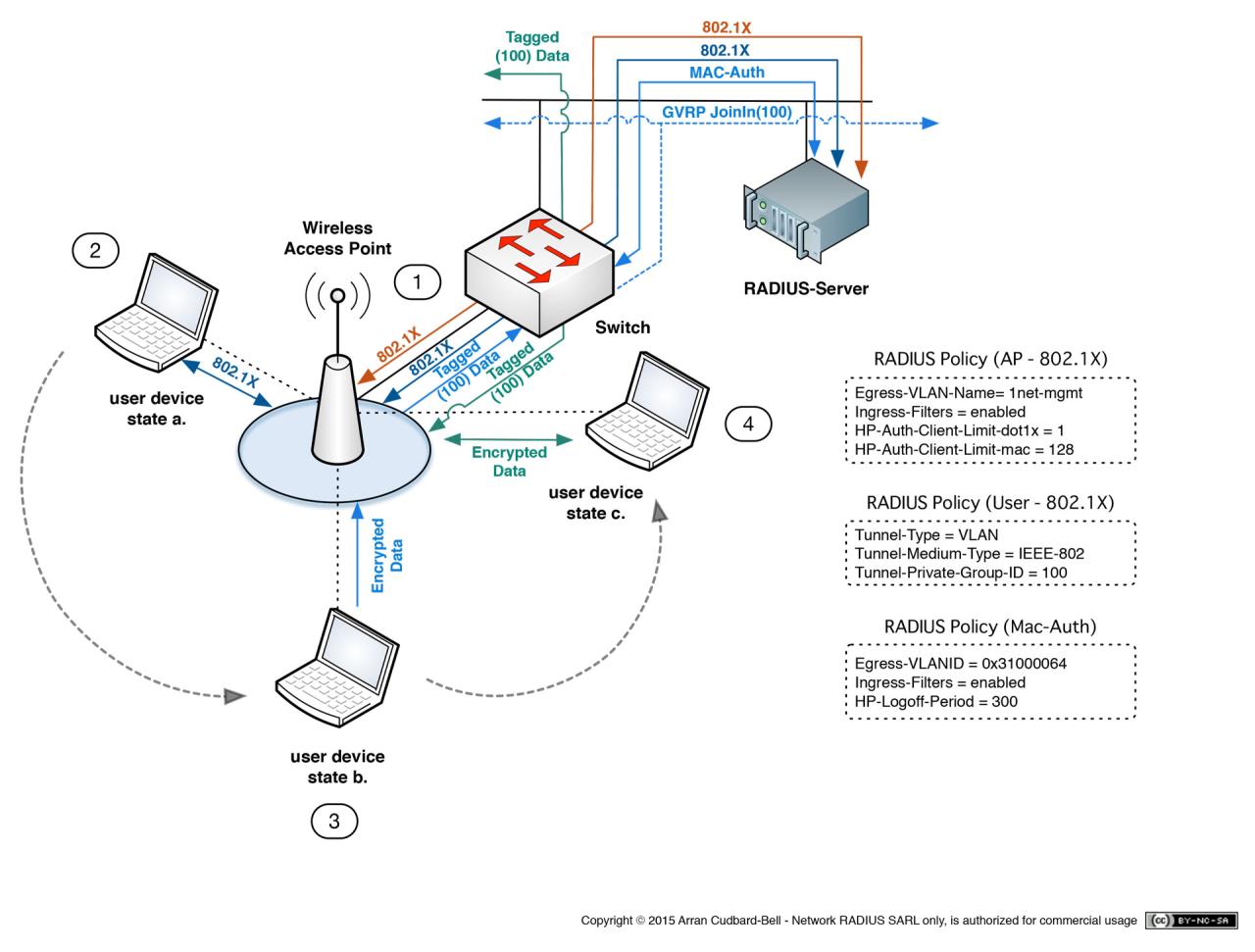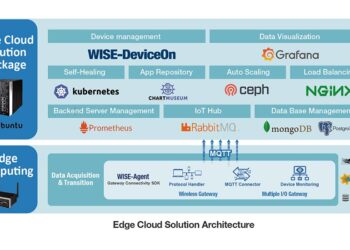Exploring the realm of Robust FreeRADIUS Alternatives for Secure Enterprise Network Solutions, this introduction sets the stage for a deep dive into the importance of finding reliable alternatives to secure enterprise networks.
It will cover key features to consider, challenges with FreeRADIUS, and the necessity for robust alternatives in today's network landscape.
Introduction to FreeRADIUS Alternatives

When it comes to securing enterprise networks, having robust alternatives to FreeRADIUS is essential. FreeRADIUS, while a popular choice for authentication and authorization, may present challenges that can impact network security and performance. This is why exploring alternative solutions becomes crucial in ensuring a secure and efficient network environment.
Key Features of a Robust Alternative Solution
- Scalability: The alternative solution should be able to scale seamlessly to accommodate growing network demands.
- Security: Robust security features to protect sensitive data and prevent unauthorized access.
- Flexibility: The ability to integrate with various network components and adapt to different network configurations.
- Performance: High performance to ensure fast and reliable authentication and authorization processes.
Challenges Associated with FreeRADIUS and the Need for Alternatives
While FreeRADIUS is a widely used solution, it may face challenges such as scalability limitations, complex configuration requirements, and potential vulnerabilities that could be exploited by attackers. As networks evolve and grow more complex, the need for alternative solutions that address these challenges becomes evident.
Enterprises must explore alternatives that offer enhanced security, scalability, and performance to meet their network requirements effectively.
Popular Robust FreeRADIUS Alternatives
When it comes to secure enterprise network solutions, there are several robust alternatives to FreeRADIUS that are widely used in the industry. These alternatives offer unique features, scalability, and security aspects that cater to the diverse needs of enterprises.
1. Cisco Identity Services Engine (ISE)
Cisco ISE is a popular alternative to FreeRADIUS known for its advanced security features and seamless integration with Cisco networking equipment. It provides comprehensive policy enforcement, threat intelligence, and network visibility, making it a preferred choice for large enterprises.
2. Microsoft Network Policy Server (NPS)
Microsoft NPS is another widely used alternative that offers seamless integration with Active Directory and Windows Server environments. It provides robust authentication, authorization, and accounting (AAA) services, along with support for various authentication protocols, making it a versatile solution for enterprises.
3. Aruba ClearPass
Aruba ClearPass is a comprehensive network access control solution that offers advanced authentication, device profiling, and policy enforcement capabilities. It is known for its scalability, flexible deployment options, and support for multi-vendor environments, making it an ideal choice for organizations with complex network infrastructures.
4. PacketFence
PacketFence is an open-source network access control (NAC) solution that provides extensive features for authentication, authorization, and enforcement. It offers support for a wide range of network devices, integration with various authentication methods, and customizable policies, making it a cost-effective alternative to FreeRADIUS.
Deployment and Integration Considerations
When deploying a FreeRADIUS alternative within an enterprise network, it is essential to consider various factors to ensure a seamless integration process. Understanding the compatibility of these alternatives with existing network infrastructure is crucial to avoid any disruptions and maximize efficiency.
Compatibility with Existing Network Infrastructure
Before implementing a FreeRADIUS alternative, it is important to assess its compatibility with the current network infrastructure. Compatibility issues can arise if the alternative uses different protocols or authentication methods than those already in place. It is recommended to conduct a thorough compatibility assessment to identify any potential challenges and plan accordingly for a smooth integration process.
Integration Challenges and Best Practices
Integration challenges may arise when deploying a FreeRADIUS alternative, such as data migration, configuration conflicts, or scalability issues. To overcome these challenges, it is essential to follow best practices for seamless deployment:
- Conduct a thorough network assessment to identify integration points and potential roadblocks.
- Develop a comprehensive integration plan that Artikels the steps, timeline, and responsible parties for a successful deployment.
- Ensure clear communication between IT teams, network administrators, and stakeholders to address any issues promptly.
- Regularly test the FreeRADIUS alternative in a controlled environment before full deployment to mitigate risks and ensure functionality.
- Provide training and support for employees to adapt to the new system and troubleshoot any integration issues effectively.
Security Features and Compliance

When it comes to ensuring network safety and compliance with regulations like GDPR, HIPAA, or PCI DSS, robust FreeRADIUS alternatives offer a range of security features and measures.
Encryption Protocols
- FreeRADIUS alternatives often support strong encryption protocols such as TLS (Transport Layer Security) and SSL (Secure Sockets Layer) to secure data transmissions over the network.
- These encryption protocols help in protecting sensitive information from unauthorized access and interception.
Authentication Methods
- Advanced authentication methods like EAP-TLS (Extensible Authentication Protocol-Transport Layer Security) and PEAP (Protected Extensible Authentication Protocol) are commonly supported by FreeRADIUS alternatives.
- These methods ensure that only authorized users can access the network, enhancing overall security.
Access Control Mechanisms
- Robust FreeRADIUS alternatives offer sophisticated access control mechanisms such as RADIUS attributes, VLAN (Virtual Local Area Network) assignments, and role-based access control (RBAC).
- These mechanisms enable network administrators to define and enforce granular access policies, restricting unauthorized users from accessing sensitive resources.
End of Discussion

In conclusion, the discussion on Robust FreeRADIUS Alternatives for Secure Enterprise Network Solutions offers a comprehensive look at the considerations, features, and security aspects to keep in mind when choosing the right solution for your network.












